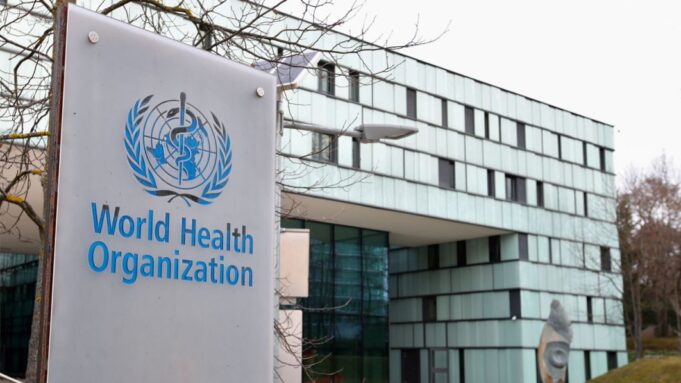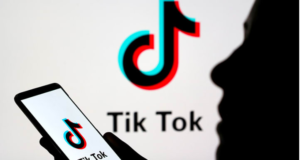The World Health Organization (WHO) expressed regret on Tuesday following U.S. President Donald Trump’s decision to withdraw the United States from the UN health agency, a move he made just hours after being sworn into office.
The WHO urged Trump to reconsider, emphasizing the importance of global health cooperation.
Trump signed an executive order on Monday directing the U.S. to leave the Geneva-based organization, which he has frequently criticized for its handling of the COVID-19 pandemic.
Speaking from the White House shortly after his inauguration, Trump argued that the U.S. was unfairly overpaying for the WHO’s operations compared to China, stating, “World Health ripped us off.”
As the largest financial contributor to the WHO, the U.S. plays a vital role in supporting the organization’s efforts worldwide.
In response to Trump’s decision, WHO spokesman Tarik Jasarevic said, “WHO plays a crucial role in protecting the health and security of the world’s people, including Americans,” and called for the U.S. to reconsider, adding that the WHO looked forward to continuing its partnership with the United States.
The withdrawal could lead to major restructuring within the WHO and disrupt global health initiatives, further isolating the U.S. in its role as a leader in global health.
This marks the second time Trump has attempted to sever ties with the WHO, having initiated a withdrawal process during his first term, which was reversed by President Joe Biden.
Under the rules of the WHO, it would take a year for the U.S. to officially leave the organization, following formal notification.
Trump’s new order directs U.S. agencies to pause future funding and support for the WHO and begin identifying new partners to take over tasks previously managed by the organization.
The administration also announced plans to review and potentially rescind Biden’s 2024 U.S. Global Health Security Strategy.
The decision to withdraw has been met with concern from public health experts.
Tom Frieden, former head of the Centers for Disease Control and Prevention (CDC), warned on social media, “We cannot make WHO more effective by walking away from it. The decision to withdraw weakens America’s influence, increases the risk of a deadly pandemic, and makes all of us less safe.”
Other experts expressed concerns that the U.S. would lose valuable access to global epidemic data, potentially jeopardizing efforts to monitor and prevent international health threats.
Lawrence Gostin, a public health law professor at Georgetown University, remarked that withdrawing from the WHO would harm U.S. national security and diminish the country’s competitive edge in health innovation.
The timing of the withdrawal comes amid concerns about the spread of the H5N1 bird flu, which has infected dozens and led to a fatality in the U.S, highlighting the potential risks of disengaging from global health networks.
Meanwhile, WHO member states are working on a historic treaty on pandemic prevention, preparedness, and response, which could proceed without U.S. participation following this decision.
The move further complicates international efforts to address future health crises collaboratively.

















